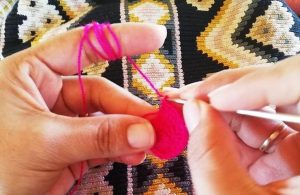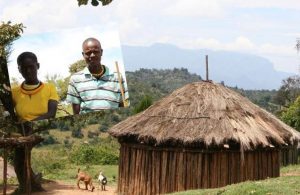The worst locust outbreak that parts of East Africa have seen in 70 years has reached South Sudan, a country where roughly half the population already faces hunger after years of civil war.
The locusts have been seen in Eastern Equatoria state near the borders with Ethiopia, Kenya and Uganda. All have been affected by the outbreak that has been influenced by the changing climate in the region. According to the UN Food and Agriculture Organization “The situation in those three countries “remains extremely alarming.” Locusts also have reached Sudan, Eritrea, Tanzania and more recently Uganda.
The soil in South Sudan’s Eastern Equatoria has a sandy nature that allows the locusts to lay eggs easily, said Meshack Malo, country representative with the FAO. At this stage “if we are not able to deal with them … it will be a problem,” he said.
South Sudan is even less prepared than other countries in the region for a locust outbreak, and its people are arguably more vulnerable. More than 5 million people are severely food insecure, the UN humanitarian office says in its latest assessment, and some 860,000 children are malnourished.
The locusts have travelled across the region in swarms the size of major cities. Experts say their only effective control is aerial spraying with pesticides, but UN and local authorities have said more aircraft and pesticides are required. A handful of planes have been active in Kenya and Ethiopia.
The number of overall locusts could grow up to 500 times by June, when drier weather begins, experts have said. Until then, the fear is that more rains in the coming weeks will bring fresh vegetation to feed a new generation of the voracious insects.
Meanwhile, the power-sharing deal signed in 2018 between President Salva Kiir and opposition leader Riek Machar has already been extended twice – in May 2019 and November 2019 – delaying the formal end to a war that has killed nearly 400,000 people, displaced millions, and pushed tens of thousands to the brink of starvation. The new deadline was 22 February. However, unresolved key issues could still prevent South Sudan’s rival parties from meeting a looming deadline to form a coalition government.





